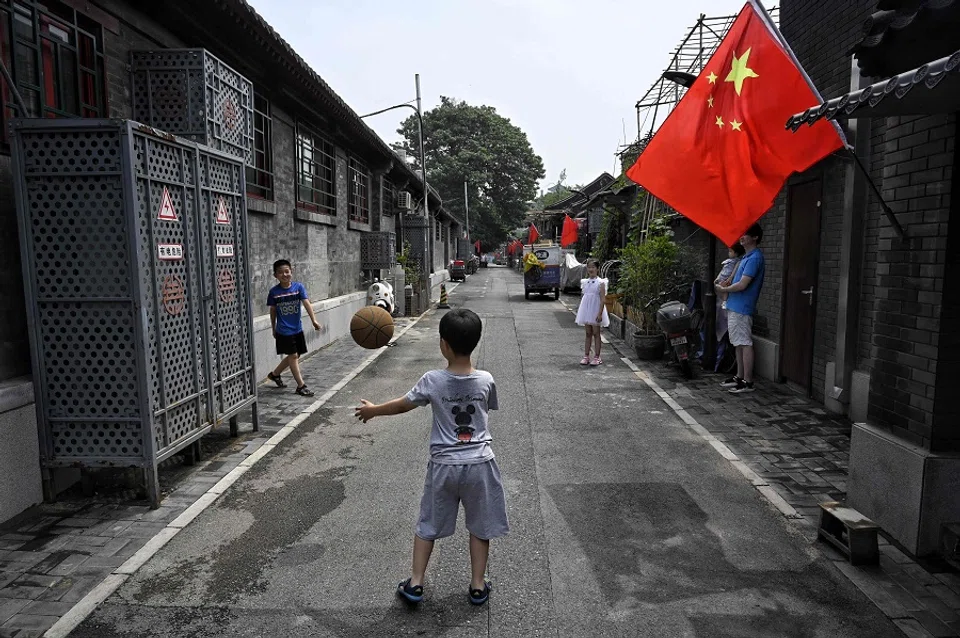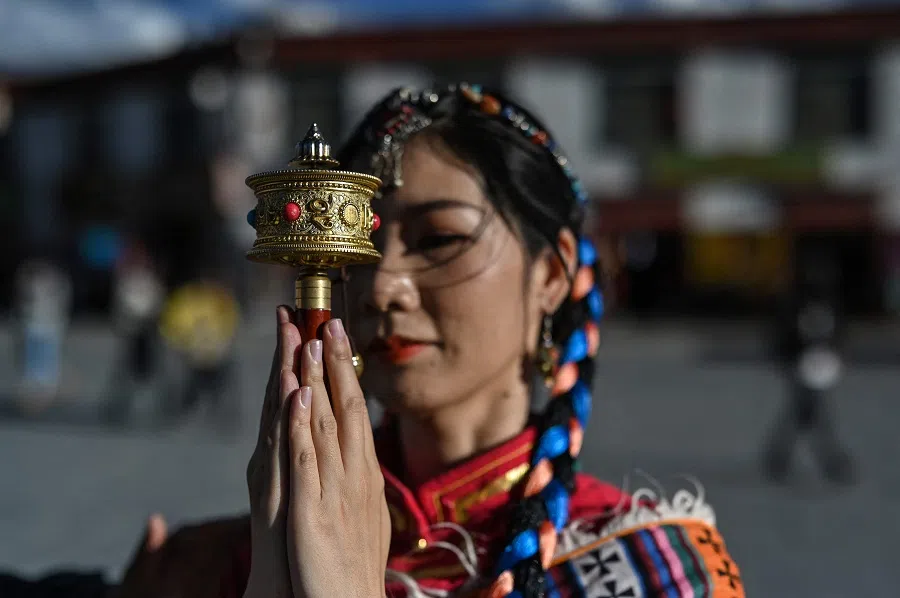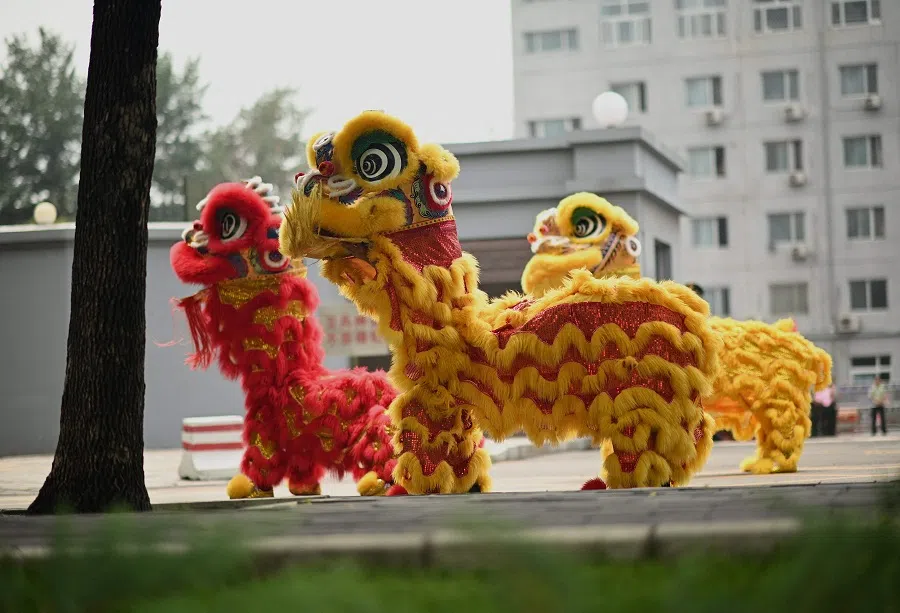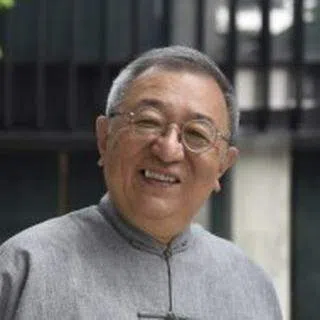Cultural historian: Why do civilisations pass down their cultures?
Cultural historian Cheng Pei-kai remembers an email from a Hong Kong secondary student, who wanted a "substantial and authoritative" answer from him about the relationship between civilisations and their cultures. The 16-year-old had asked: What affects the passing down of cultural traditions? Should culture be passed on in its entirety? What role does commercialisation play?

I received an email from a form five Hong Kong student who was doing an independent study project for his liberal studies module. His project topic was the impact of the commercialisation of the Mid-Autumn Festival on cultural traditions. He hoped that his findings would shed light on how traditional festivals could be preserved and sustained. He had heard that I knew a thing or two about passing down cultural traditions and hoped to interview me to make his research a "substantial and authoritative one". He hoped to interview me in person before Friday so that his project could be completed on time. If not, he hoped to interview me via email. He ended the email fairly politely, thanking me for reading his email and saying that he looked forward to my reply.
I would occasionally receive similar emails but these were mostly from university students asking about Chinese culture or cultural heritage. I am flattered that I was approached by a secondary school student this time round. But I found something very strange: he was tasked to do a project and had some doubts along the way. If he wanted to solve the problem, wouldn't it be easier to ask his own teacher or see what he can gather online? Why did he go the extra mile to ask an "authority" whom he does not know? I can't help but wonder, if sinologist Jao Tsung-I had an email address in his era, would young students have emailed him every day about the challenges they faced in their Chinese culture assignments? Would Jao have patiently answered their questions one by one?

I received the email on a Tuesday night, and he wanted to interview me urgently by Friday. I guess the deadline for the assignment was the following week. He was already being fairly understanding to an old professor by giving me a "grace period" of two to three days - some PhD students only submit their dissertations two days before their oral defence, forcing you to burn the midnight oil yet making you feel guilty for not reading it thoroughly in case you discover a major problem that needs rectifying.
While I wanted to help the young boy, my schedule was really tight the next couple of days and I just couldn't find time to talk to him. A dissertation abstract was due the next morning, I had to give a speech in the early afternoon, attend a meeting in the late afternoon and another important gathering at night. What's more, I would have to fly to Taiwan on Thursday and be in Taipei on Friday to represent Hong Kong at a Hong Kong-Taiwan Cultural Co-operation Committee meeting to promote Hong Kong Week 2015. Since I did not know if I could help him, I did not reply to the email immediately.
To my surprise, this student called my university the next day to ask if I would answer his interview questions about passing on Chinese culture. Seeing how determined he was, I asked him to email me his questions, and I would try my best to answer them when I got on the plane.

Many paths to passing down a culture
He swiftly sent in his questions. There were seven of them to be exact. One, based on your research, what are the factors involved in passing down cultural traditions? Two, how important are innovation and publicity in these efforts? Three, should the people come first in this process? Four, would commercialisation take the passing down of cultural traditions down a sustainable path? Should culture be passed on in its entirety? Is it wise to sacrifice certain customs for commercial gain? Five, should the government take on a more active role in the transmission of culture? Six, apart from commercialisation, how can we pass down cultural traditions in the modern era? Seven, the Mid-Autumn Festival is increasingly commercialised nowadays. Is this a successful example of passing down cultural traditions?
Although some of his questions were repetitive, I think they were good. The main problem he had was the clash between preserving traditional festivals and commercialisation. He clearly saw the importance of passing down cultural traditions. He wanted them to be preserved and sustained, instead of dying out with the times. But he could not figure out how cultural traditions could be passed down. For a culture to be preserved and promoted, do innovations have to be made and must it appeal to a wide audience? And would the latter necessarily mean commercialisation? If culture is not made into a tangible product, how else can they be passed down in modern society?
We must respect what our ancestors have created and not erase their contributions to culture - this is the real reason why culture is passed down.

I told him that passing down a culture is not only a complex process, but is also multifaceted and diverse. It happens at the level of the elites as well as among ordinary people. Traditions at both levels are worth passing down.
Due to the changing times, it may be inevitable that the cultural traditions have evolved and what is passed down is changed or that only parts of a culture can be passed down. However, sacrificing cultural traditions for the sake of earning money is short-sighted and absolutely unacceptable. Everyone should understand that human civilisation only has meaning when its culture lives on. We must respect what our ancestors have created and not erase their contributions to culture - this is the real reason why culture is passed down.
The times are changing and so is the transmission of culture. But we must not sully the process of passing down our cultural traditions for the sake of earning money. We must respect our cultural heritage and understand through an education in the humanities that passing down our cultural traditions is a manifestation of mankind's pursuit of truth, goodness, and beauty. It also gives meaning to man's existence.



![[Big read] When the Arctic opens, what happens to Singapore?](https://cassette.sphdigital.com.sg/image/thinkchina/da65edebca34645c711c55e83e9877109b3c53847ebb1305573974651df1d13a)

![[Video] George Yeo: America’s deep pain — and why China won’t colonise](https://cassette.sphdigital.com.sg/image/thinkchina/15083e45d96c12390bdea6af2daf19fd9fcd875aa44a0f92796f34e3dad561cc)